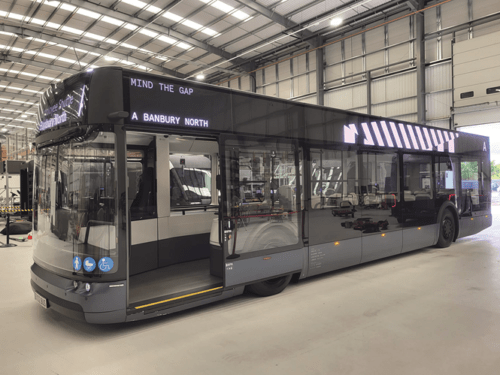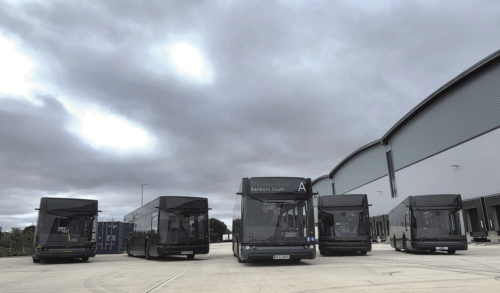
The company is again facing a crisis of funding, having still not begun full production despite moving its focus to the USA
It has been reported that the British-based electric vehicle manufacturer company which set out with plans to become a global pioneer in EV manufacturing has taken a step closer to insolvency after lining up a new set of advisers to oversee contingency planning. Sky News reports that the company, which is listed on New York’s Nasdaq stock exchange, is in discussions with professional services firm EY about acting as administrator if it cannot secure further rescue funding.
Sources are cited as saying that a bid to secure long-term funding through a sale or capital injection looked unlikely to succeed, but cautioned that there remained a possibility that Arrival could still secure enough money to survive, though it was not known how long Arrival’s remaining cash reserves would last.
Sky News noted that “the company’s communications with stock market investors have been parsimonious,” and that the manufacturer has had an ongoing threat of de-listing hanging over it owing to delays in filing financial statements and holding an annual meeting of shareholders. Earlier this month, the company, which has seen its shares fall by over 95% in the last year, received a further notice from Nasdaq warning that it was not in compliance with the listing rules.
Arrival went public in March 2021. On the day its shares began trading, it was valued at about £4.2bn. It was backed by blue-chip global investors including BlackRock, which injected nearly $120m into the business in 2020. Car makers Hyundai and Kia and delivery specialists UPS were also early backers of the company, which planned to capitalise on demand for electric vehicles by targeting the commercial vehicle market, including vans, buses and a prototype car for ride-hailing companies such as Uber, rather than ordinary motorists.
As yet, none of its vehicles have made it into commercial production, though an order was announced for its buses from First York, and one prototype was used on staff shuttles around Banbury.
At one point, it is reported that the company employed 2,800 people, but has had to make a large number of redundancies and has faced a number of winding-up petitions from stakeholders.
An agreement with Kensington Capital Acquisition Corp V reached in a bid to secure new capital last year was terminated last July.
In a rather damning turn-around from its previous publicity-friendly position, Sky News recorded that the company had been approached for comment but “routinely does not respond to messages to a dedicated press email address.”


